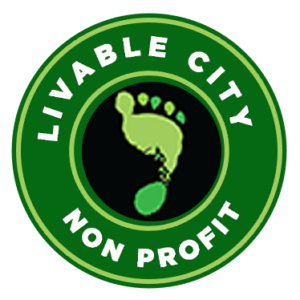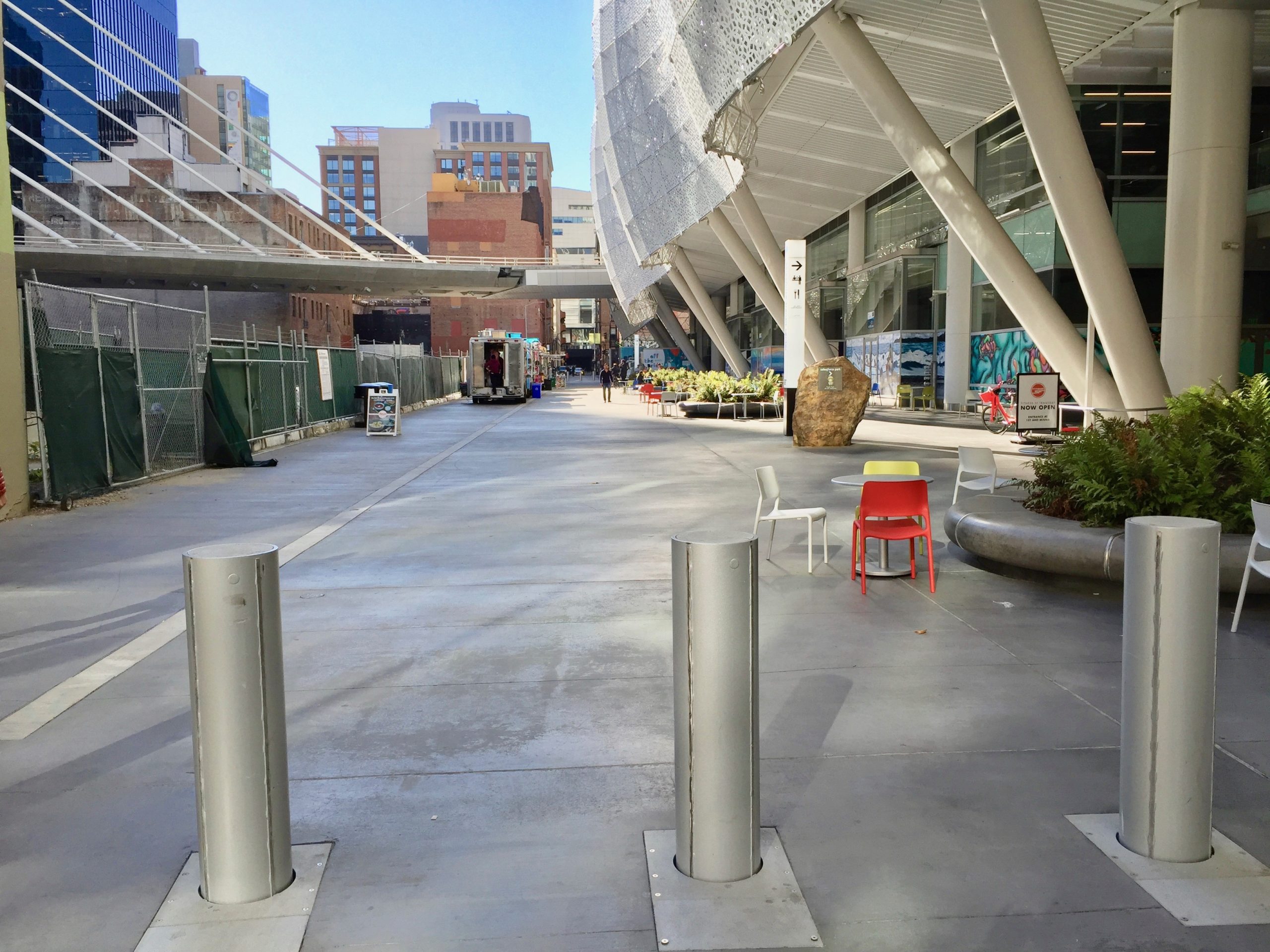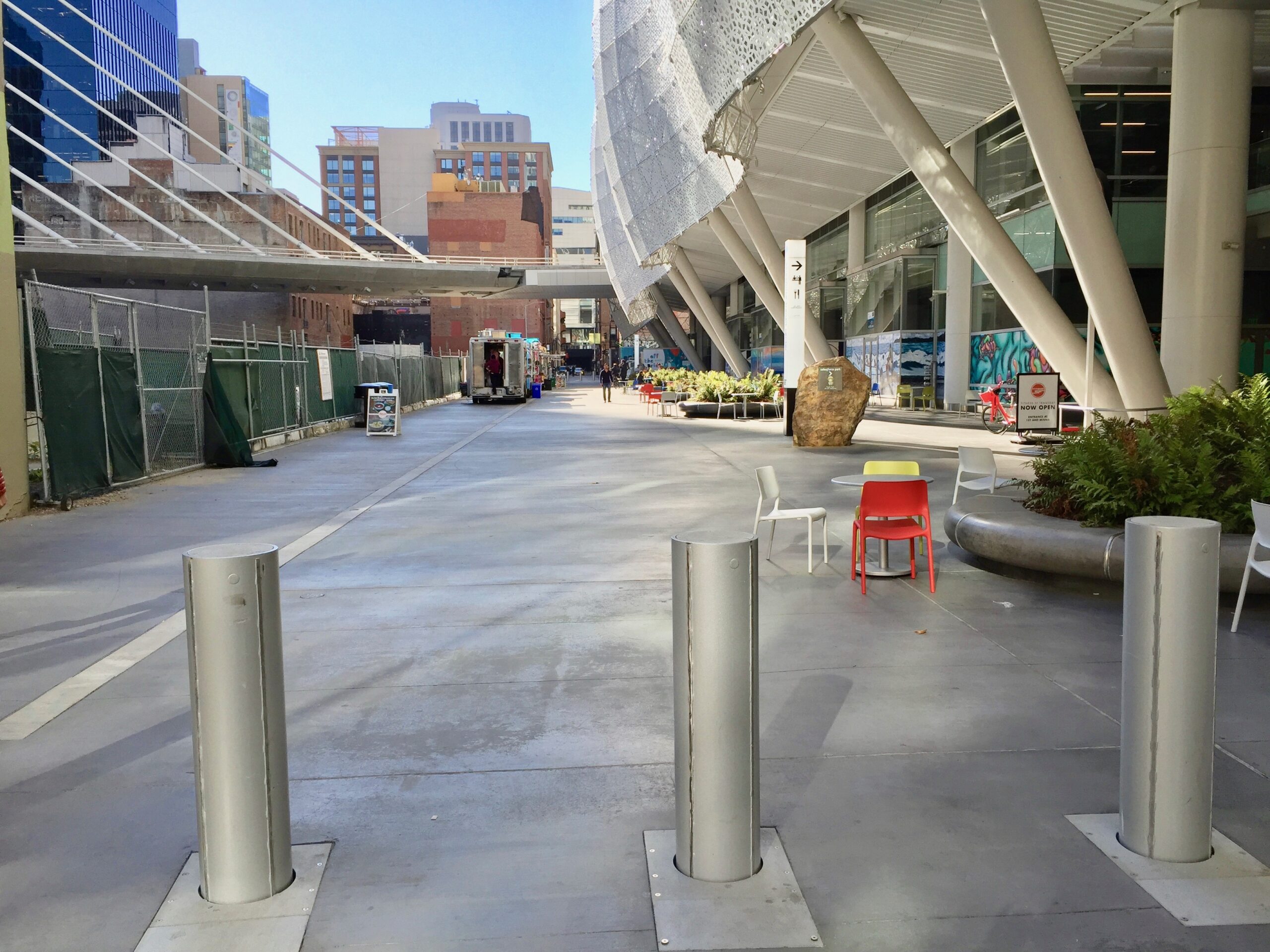
This week the Board of Supervisors will consider a plan to replace the car-free block of Natoma Street, between First and Second streets, with a roadway and garage entry. This block of Natoma is currently the longest pedestrianized block in SoMa, and the only pedestrianized block fronting on the Salesforce Transit Center.
The pandemic has underlined the importance of streets as public spaces, particularly car-free streets. Livable City has worked with communities across the City to establish temporary car-free spaces to foster community, support small business, and enjoy fresh air, sociability, and exercise. Cities around the world are doing the same, in response to the pandemic and to make progress towards even greater challenges like traffic safety, climate and the ecological crisis, and creating more equitable and inclusive cities.
If the proposed Parcel F development proceeds as planned, it will irreparably destroy this car-free space. The developer’s current plan proposes extending a roadway through the car-free space to a large new private garage with nearly 200 parking spaces, eliminating most of the block’s car-free space and bringing hundreds of daily car trips to the area.
The transit center, which re-opened in 2019, is a spectacular public building. The region spent billions of dollars to build it, and plans to spend billions more to bring Caltrain and high-speed rail service to the transit Center, making it the most important transit hub in Northern California. The transit center is also the public centerpiece of the city’s densest and most transit-rich neighborhood. Our regional transit center and Transbay neighborhood should be complemented by walkable and bikeable streets and people-oriented public spaces. Unfortunately it isn’t; the adjacent streets are bleak, dominated by automobile traffic and parking and loading entries.
Natoma plaza is both the longest block fronting on the transit center, and currently the only block not dominated by traffic, parking, and loading. There is only one garage entry on the entire block, located at its far western end. Most of the block is a pedestrian plaza, with food trucks lining unbuilt Parcel F. Ground-floor retail spaces in the terminal face the north side of Natoma, and once occupied they will further enhance it as a public space. It’s a rare public pedestrian oasis in an increasingly crowded and automobile-dominated City. We should preserve and enhance it, not destroy it.
Destroying this pedestrian enclave is totally unnecessary. The Parcel F can be developed as a car-free building, and help move the Transbay district and our City towards a more sustainable, less automobile-dominated, and more people oriented future. Parcel F’s location couldn’t be more transit-rich, and couldn’t be a more suitable place for car-free residents to live and car-free hotel guests to stay.
Passenger and freight loading can be accommodated on Howard Street, with a protected bikeway preserving bike access. Any residents or hotel guests who insist on using private cars can park in various nearby buildings, which are over-supplied with parking for such a dense and transit-oriented neighborhood. As the neighborhood continues to get denser and the transit center gets busier, car-free Natoma Street will become an increasingly valuable neighborhood amenity.
In 2019 San Francisco took the long overdue step of removing private cars from Market Street between the Embarcadero and Van Ness, prioritizing transit, walking, cycling, and public space. SFMTA’s board chair Malcolm Henicke called for creating more car-free streets around San Francisco. District 6 Supervisor Matt Haney, who represents the Transbay District as well as SoMa and the Tenderloin, has called for more car-free streets in the district to expand public space and reduce traffic danger and pollution for residents and visitors.
We applaud and support San Francisco’s ambition to join cities around the world in expanding urban car-free spaces. Cities large and small, like Paris, Madrid, Barcelona, Mexico City, and Amsterdam, are expanding networks of car-free streets – including car-free spaces at central transit stations. Moves to create more car-free and people-oriented public spaces have accelerated during the pandemic. It would be a sad and bitter irony if the longest car-free street in District 6 was destroyed by the Parcel F project, through legislation sponsored by Supervisor Haney.
We are asking Supervisor Haney and his colleagues to:
- Modify the Parcel F project to keep Natoma Street car-free, and activate the south side of Natoma with people-oriented ground-floor uses;
- Amend the Planning Code and Transbay redevelopment plan to prohibit new parking and loading entrances on Natoma Street between Second and First to keep the rest of the block car-free; and
- Amend plans and codes to protect other car-free blocks, including the extension of Clementina and Tehama streets between Main and Beale that will front on the proposed new park.
The Parcel F project will be heard at the Board of Supervisors’ Land Use and Transportation Committee on March 8.
By speaking up for public space in our car-congested City, we are changing the public conversation. Since the Planning Commission hearing, Streetsblog and the San Francisco Chronicle have written articles about Natoma Plaza’s threatened destruction, and the Supervisor has indicated his interest in saving this invaluable car-free public open space. Please contact Supervisor Matt Haney and your supervisor today, and urge them to keep Natoma Street car-free!
Supervisor Matt Haney
email: matt.haney@sfgov.org
Phone: 415 554-7970

